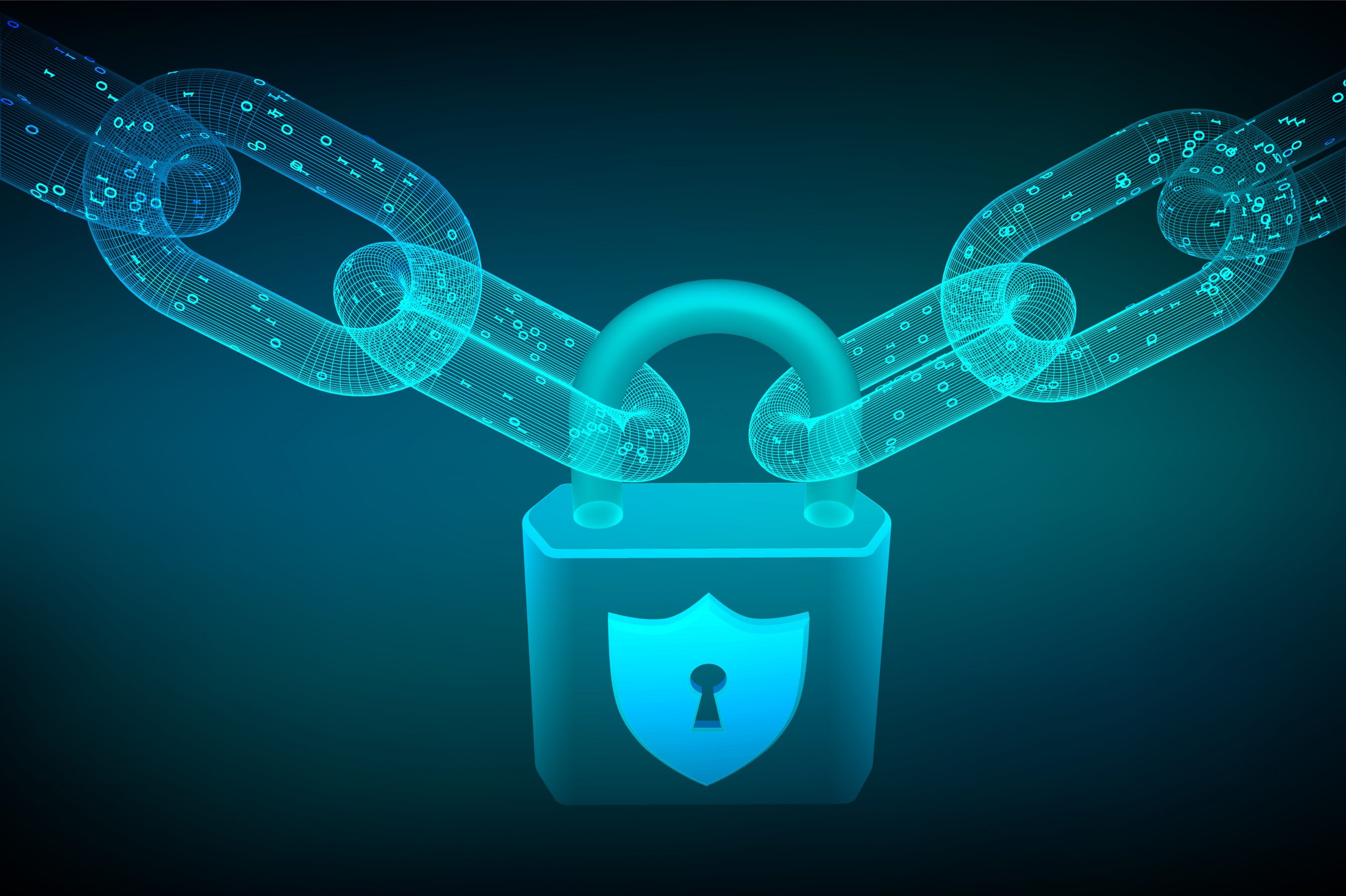Egg freezing has emerged as a transformative option for women seeking to take control of their reproductive future. This advanced fertility preservation technique allows women to store their eggs for later use, offering flexibility and peace of mind. In this article, we’ll delve into the egg freezing process, its benefits, and important considerations to help you navigate this decision with confidence.
The Egg Freezing Process
Before undergoing egg freezing, you will have an initial consultation with a fertility specialist to assess your reproductive health and discuss your goals. This assessment typically includes a review of your medical history, a fertility evaluation, and a discussion of the egg freezing process. Your specialist will also provide information on the hormonal medications and procedures involved.
Hormonal Stimulation and Egg Retrieval
The first step in the egg freezing process is ovarian stimulation. You will take hormonal medications to encourage your ovaries to produce multiple eggs. During this period, regular ultrasounds and blood tests will monitor your progress. Once the eggs reach maturity, a minor surgical procedure called transvaginal ultrasound-guided aspiration will be performed to retrieve the eggs.
Egg Freezing and Storage
After retrieval, the eggs are prepared for freezing using vitrification, a rapid freezing technique that prevents ice crystal formation. The eggs are then stored in liquid nitrogen tanks at extremely low temperatures, preserving them until you are ready to use them. Eggs can be kept frozen for many years without losing their viability.
Advantages of Egg Freezing
One of the primary advantages of egg freezing is the ability to defer childbearing until a more convenient time. This flexibility allows women to focus on their careers, education, or personal development without compromising their fertility. When you’re ready to start a family, your frozen eggs can be thawed and used for fertilization.
Fertility Preservation for Medical Reasons
Egg freezing is also beneficial for women who need to undergo medical treatments that may impact their fertility, such as chemotherapy or radiation therapy. By freezing eggs prior to treatment, women can preserve their reproductive potential and increase their chances of having biological children in the future.
Important Considerations
While egg freezing offers many benefits, it is important to understand the associated risks and success rates. Success rates depend on factors such as age, egg quality, and overall health. Generally, eggs frozen at a younger age have a higher likelihood of resulting in successful pregnancies. Discussing these factors with your fertility specialist will help set realistic expectations.
Financial Implications
Egg freezing can be expensive, with costs including medications, procedures, and annual storage fees. Insurance coverage varies, and many plans do not cover these expenses. It is important to consider the financial aspect of egg freezing and explore potential financing options or assistance programs if needed.
Conclusion
Egg freezing provides women with a valuable opportunity to preserve their fertility and gain control over their reproductive future. By understanding the egg freezing process, benefits, and considerations, you can make an informed decision that aligns with your personal and medical needs. Consult with a fertility specialist to explore your options and create a plan that best supports your goals for family planning.








Comments